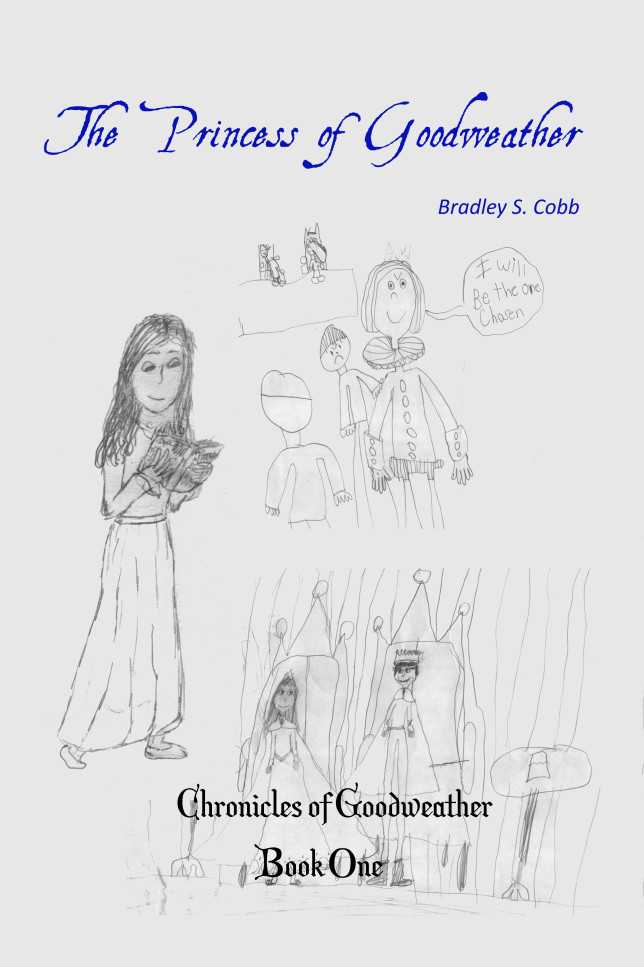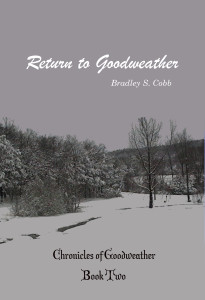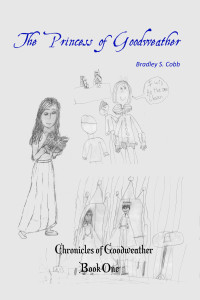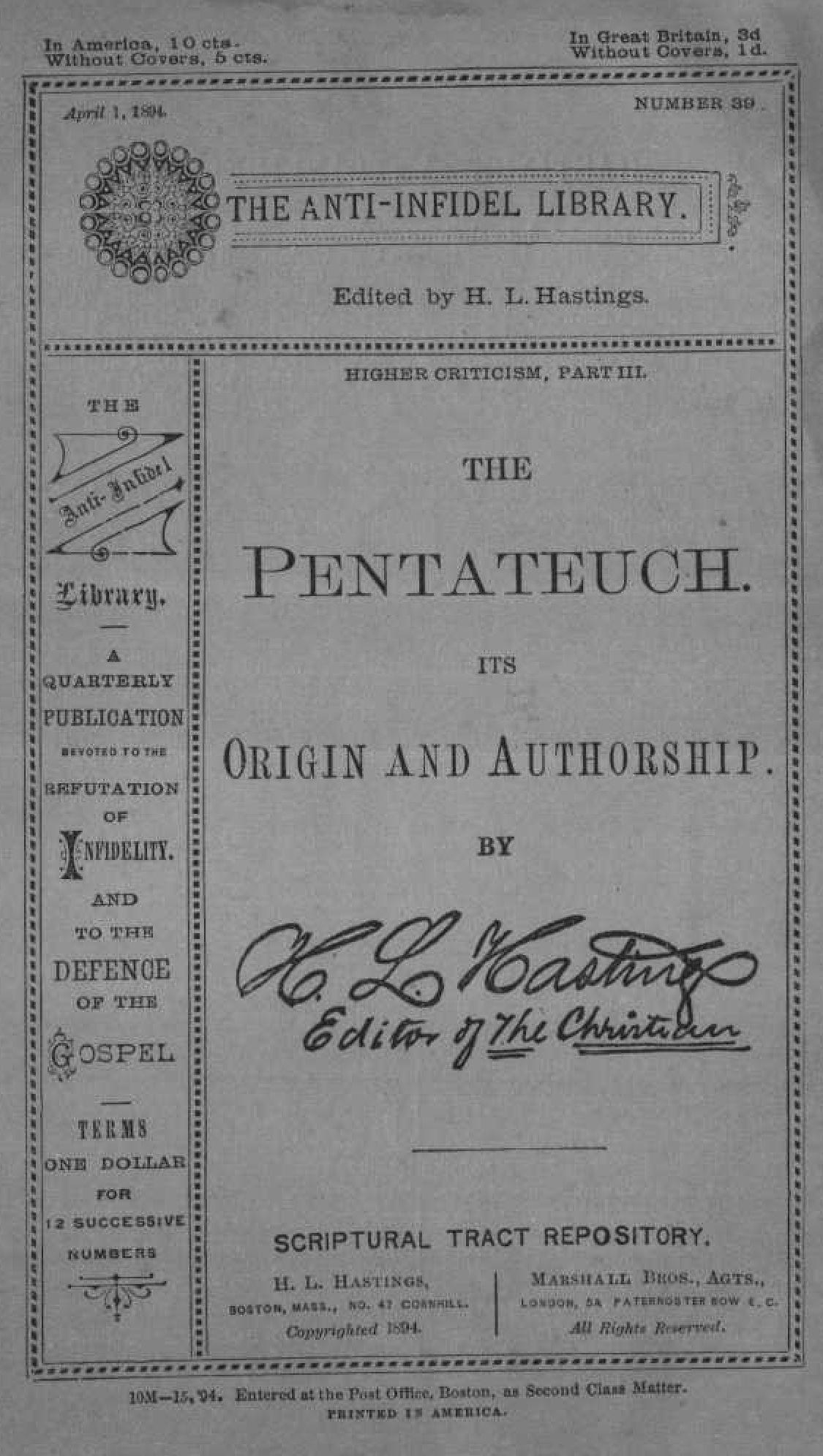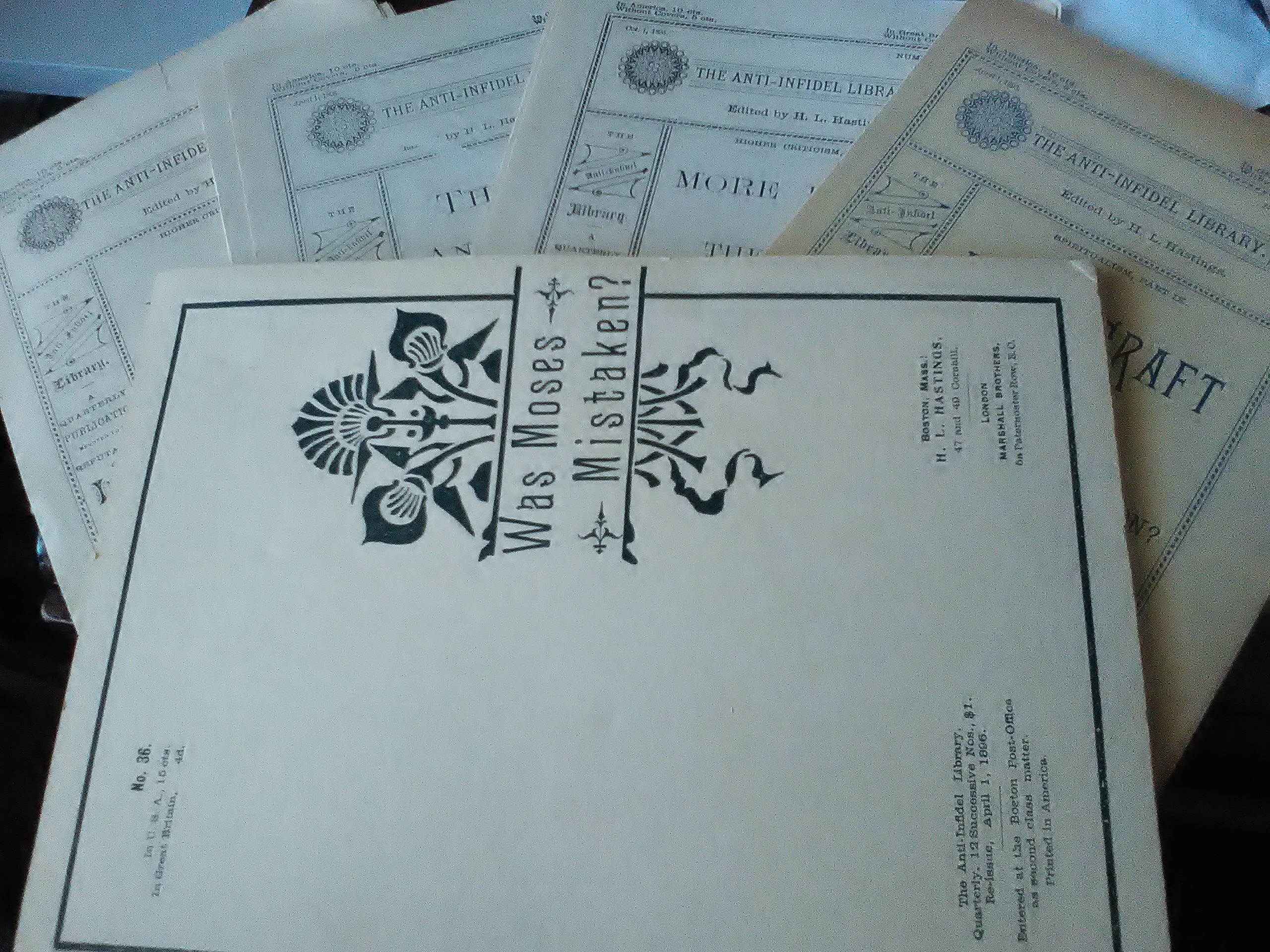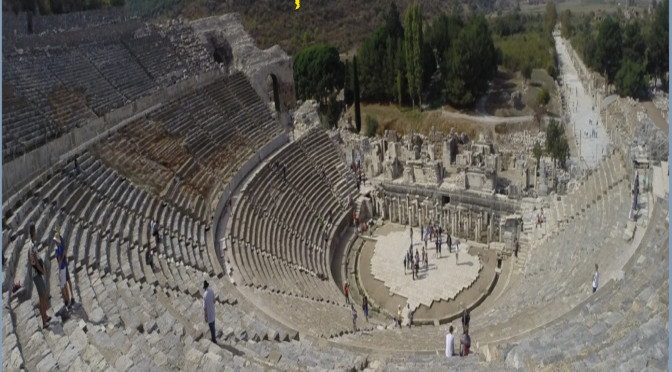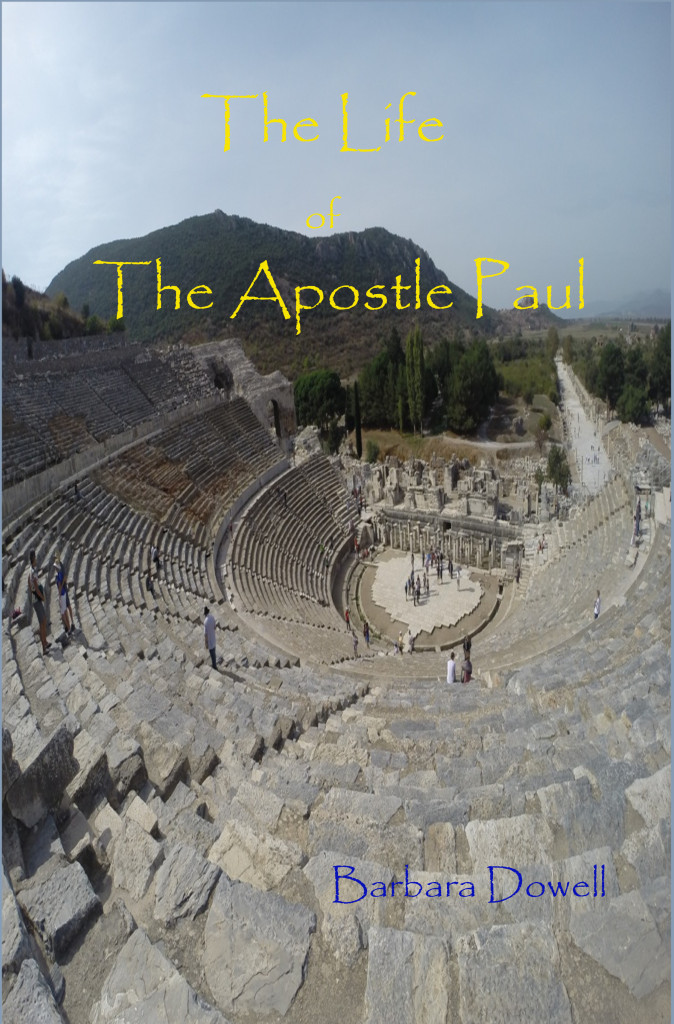[We’re sorry that we’ve not been getting posts up as regular as you might like, but we hope that the quality of the content is worth the delay]
Today, we continue our special ongoing gift of a book we’re working on, tentatively titled “Who Were the Apostles?” And this one is yet another of the “Non-apostle Apostles,” men who were not of the 12 chosen by Jesus, but were still called “apostles” in the Scripture.
Judas Barsabbas
When the apostles and elders in Jerusalem needed two men to send to Antioch with Paul and Barnabas, they chose one man whose name is familiar to Bible students (Silas), and another one whose name is usually forgotten. Judas Barsabbas*[1] was a prominent member of the church of Christ in Jerusalem.*[2] The first thing the Bible says about him is found in Acts 15:22:
Then it pleased the apostles and elders, with the whole church, to send chosen men of their own company to Antioch with Paul and Barnabas; specifically Judas, surnamed Barsabbas, and Silas, chief men among the brethren.
Judas, or Judah, was a common Jewish name. His surname, Barsabbas, is given to distinguish him from the four other Judas’s that appear in the book of Acts.*[3] It is also possible that this man is the brother of the man who was not selected to replace Judas, Joseph Barsabbas (Acts 1:23).*[4]
Going by the text of Acts 15, it appears the church was excited to have Judas as their representative in taking the letter to Antioch. The fact that this letter was about accepting the Gentiles into the church as Gentiles (and not as proselyte Jews) also shows us something about his character: he was not judgmental against the Gentiles like many of the Jews were. He was happy to accept them as his brethren in Christ. It is in Acts 15:27 that we see Judas Barsabbas was an apostle of the church in Jerusalem.*[5]
His mission, as given by the apostles and elders, was twofold: (1) to deliver the letter to the Gentile Christians in Antioch, Syria, and Cilicia, and (2) to verbally vouch for the truthfulness of the letter (Acts 15:27).[6]* This, Judas accomplished, and the brethren in Antioch “let [him] go in peace…to the apostles” (Acts 15:33).*[7] Most likely, Judas returned to Jerusalem and gave a report to the apostles and elders there about how the letter was received.*[8] This report probably included that Silas decided to stay behind in Antioch for a while.*[9]
Judas Barsabbas was a Christian, baptized in order to have his sins forgiven, but he was also a preacher and an encourager. Luke records for us that he “exhorted the brethren with many words, and confirmed them” (Acts 15:32).*[10] He is also a man upon whom the apostles laid their hands—he is called a “prophet,” which means he had the miraculous ability to speak messages given to him by the Holy Spirit.*[11]
Judas Barabbas was an apostle of the church in Jerusalem, the twelve apostles, and the elders there (Acts 15:23, 27). He finished his mission and disappears from the biblical record. There are untold thousands of Christians about whom little-to-nothing is known. But, like Judas, there were certainly many who served the Lord in loving their brethren, and whose desire was to encourage each other in order to make sure that they would all be in heaven someday. What a joyous thought!
-Bradley Cobb
[1] *The King James Version spells the name “Barsabas,” but the Greek has a double b in the final syllable, thus the correct spelling is “Barsabbas.”
[2] *The International Standard Bible Encyclopedia suggests that Judas Barsabbas (along with Silas) may have been an elder of the church in Jerusalem.
[3] *Judas, one of the twelve apostles (Acts 1:13), Judas Iscariot (Acts 1:16-19), Judas of Galilee who apparently claimed to be the Messiah (Acts 5:37), and Judas in whose house Saul of Tarsus was staying in Damascus (Acts 9:10-11).
[4] *This identification seems unlikely, since Luke specifically says Joseph’s surname was “Justus,” and that he was just “called Barsabbas.” It seems that for Joseph, “Barsabbas” was more of a nickname, like “Barnabas” (Acts 4:36).
[5] *The Greek word translated “sent” is the verb form of “apostle.”
[6] *Judas and Silas were sent because “by the mouth of two or three witnesses” everything was to be established (Matthew 18:16, 2 Corinthians 13:1).
[7] *The same thing is spoke of about Silas, but Silas decided to stay in Antioch instead of returning to Jerusalem.
[8] *The text does not explicitly state that Judas returned home, but it seems to be implied, since Luke records only that Silas decided to stay in Antioch. Some Greek manuscripts add the words “and Judas alone proceeded,” but that phrase does not appear in any notable English translations. In other manuscripts, the entire verse is missing, and many English translations omit it completely or include it in brackets.
[9] *Acts 15:34.
[10] *The word translated “exhort” can mean “to encourage,” and is frequently translated “comfort” in the New Testament.
[11] *The only way that miraculous abilities were passed on to other Christians was by the laying on of the hands of an apostle. This truth can be seen clearly in Acts 8:12-18 and 19:6; it is also referenced in Romans 1:11 and 2 Corinthians 12:12.

